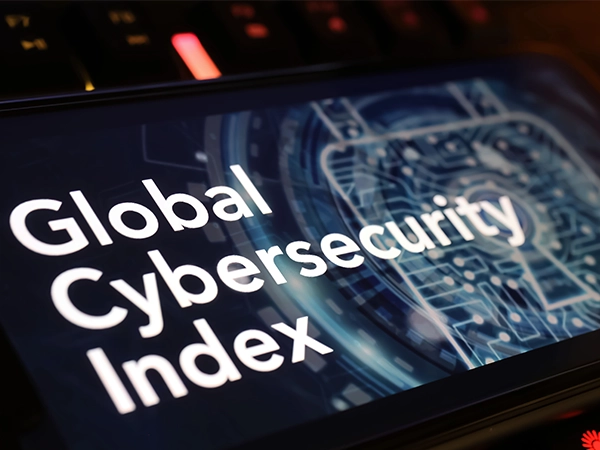Context:
The International Telecommunication Union (ITU) recently released the 5th edition of the Global Cybersecurity Index (GCI).
Key Highlights of the Index
India is among 46 countries that have been placed in Tier 1, the highest of the five tiers, in the GCI 2024.

- India has scored 98.49/100, improving its score from 97.5/100 in the last edition.
- Since 2021 (when the 4th edition was published), countries across the region have increasingly prioritized cybersecurity, raising the global average score to 65.7/100.
- GCI 2024 has placed 46 countries in Tier 1, compared to 30 if the tier-based system had been applied to the fourth edition.
- Most countries (105) are placed in Tiers 3 and 4, reflecting their progress in expanding digital services and online access, but they still need to fully integrate cybersecurity into their connectivity strategies.
- The fifth edition of the GCI explores the current level of cybersecurity commitment among 193 Member States and the State of Palestine and the progress made since the last edition.
- Key threats highlighted in the report included ransomware attacks targeting government services and other sectors, cyber breaches affecting core industries, costly system outages, and breaches of privacy for individuals and organisations.
About Global Cybersecurity Index
- GCI (launched in 2015 by ITU) measures the commitment of countries to cybersecurity in the context of measures across the following five pillars (20 points under each pillar):
- Legal – measures the laws and regulations on cybercrime and cybersecurity
- Technical – measures the implementation of technical capabilities through national and sector-specific agencies
- Organizational – measures national strategies and organizations implementing cybersecurity
- Capacity development – measures awareness campaigns, training, education and incentives for cybersecurity capacity development
- Cooperation – measures partnerships between agencies, firms and countries
- It seeks to help countries identify areas of improvement and encourage countries to act in building capacity and capabilities under each pillar.
- Across the five GCI pillars, most countries are strongest in the legal pillar. By contrast, the average country is weakest in the capacity development and technical pillars.
The ‘GCI 2024’ used a new five-tier analysis (Tier 1 being the highest and Tier 5 the lowest), a shift that allows a greater focus on each country’s advances with cybersecurity commitments.
- Tier 1 – Role-modelling (score of 95–100)
- Tier 2 – Advancing (score of 85–95)
- Tier 3 – Establishing (score of 55–85)
- Tier 4 – Evolving (score of 20–55)
- Tier 5 – Building (score of 0–20)
International Telecommunication Union (ITU)
- It was founded as the International Telegraph Union in Paris on 17 May 1865 by its twenty founding members.
- Presently, it has 193 member states, with South Sudan being the most recent member state to join, in 2011. India joined the ITU in 1869.
- In 1947, an agreement between ITU and the United Nations recognized ITU as the specialized agency for information and communication technologies (ICTs). The agreement formally entered into force on 1 January 1949.
- ITU is the oldest agency in the UN family and 17th May (its founding day) is celebrated as World Telecommunication and Information Society Day (WTISD).
- ITU is Headquartered in Geneva, Switzerland.

